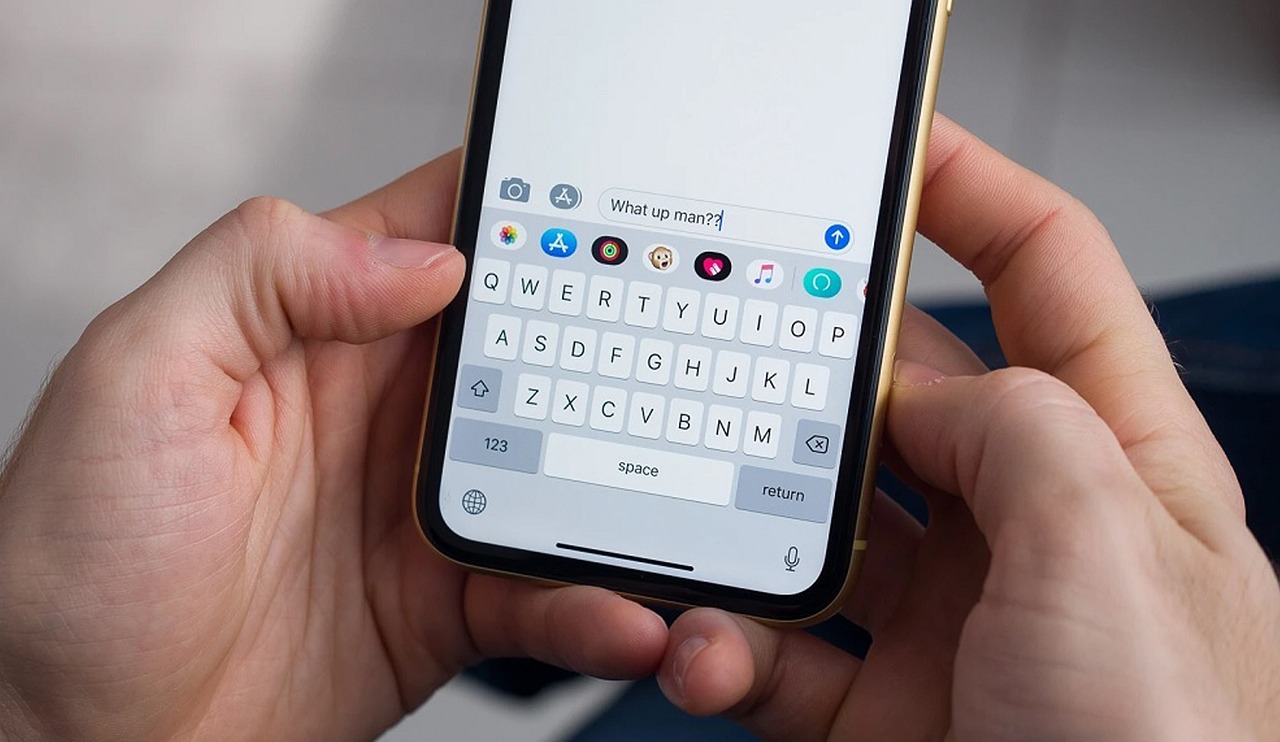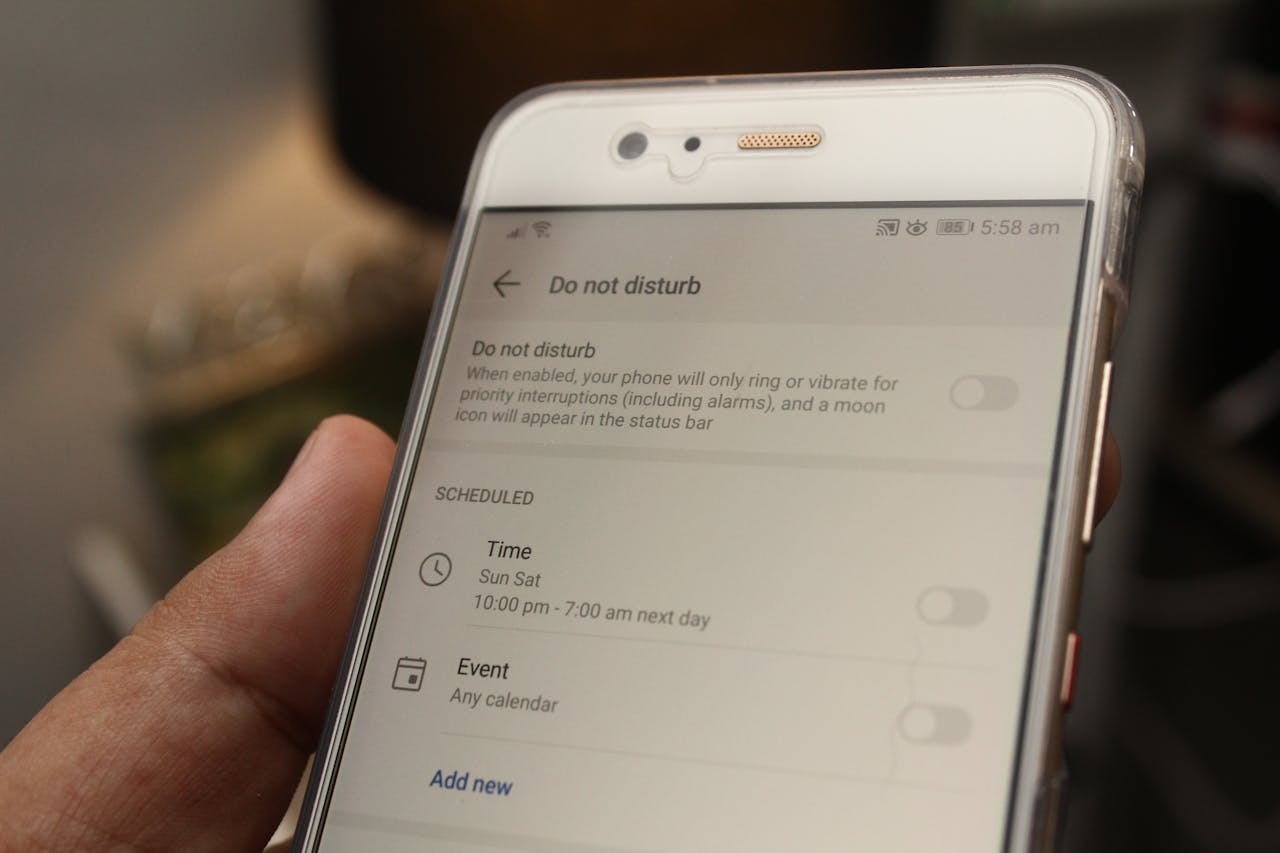Manners didn’t vanish; they shifted to fit busy calendars, group chats, and shared spaces. The habits that last feel practical, humane, and easy to repeat. They lower stress, protect attention, and keep friendships running on small courtesies rather than guesses. None of it is fussy. It’s everyday maintenance: a text before a call, a quiet phone at dinner, and clear money talk that ends tabs without drama. What follows captures norms people actually practice, not perform, and why they work.
Text Before Calling

A quick message checks timing and sets expectations. It respects bedtime, commutes, and the reality that not every ring fits the hour. A simple note like “free after 7 p.m. for five minutes?” lets the other person suggest a better window or ask for a voice note. Emergencies still justify direct calls; everything else benefits from a heads-up. Conversations start calmer, run shorter, and land cleaner when both sides choose them rather than scramble to catch up.
Ask Before Posting Someone’s Photo

Consent travels faster than filters. Before uploading group shots, hosts confirm comfort levels, kids’ visibility, and whether a job or quiet weekend calls for staying off timelines. A quick “ok to share?” prevents awkward takedowns and protects privacy without theatrics. Tagging waits until the green light arrives. Trust grows, and cameras can stay relaxed at the next gathering instead of turning the room into a press line. Memories still go online; they just arrive with permission.
Keep Phones Off The Table During Meals

A face-down phone still reads as divided attention, so many groups leave devices in bags unless someone is on call or expecting a check-in. Exceptions get named upfront, removing guesswork and resentment. Photos happen quickly, then screens disappear. The payoff is steadier conversation and an easier pace, which diners remember more than perfect plating. When the bill arrives, no one is half-present in another thread, and the night ends without the feeling of talking to a lock screen.
Be Precise With Money And Splits

Clarity beats vibes when receipts hit the table. One person states the plan early—split evenly, itemize, or cover a birthday—then confirms how everyone will pay. Screenshots and quick transfers close the loop in minutes, not days. No one wants to chase seven small debts on Tuesday night. Clear money etiquette keeps invitations light, friend groups intact, and hosts willing to book the next place without doing quiet math about who still owes from last month.
Use Voice Notes Thoughtfully

Voice notes carry tone and warmth but ask for headphones and time. The considerate version is labeled, brief, and self-contained: topic upfront, a minute or less, and no maze to navigate. Longer updates shift to a scheduled call. People mirror preferences—text for texters, voice for voice fans—so replies feel natural. The goal is friction-light communication that slides around work, transit, and shared rooms, not a five-minute monologue that traps someone in a checkout line.
Respect Quiet Hours And “Do Not Disturb”

Late pings land louder. Many circles keep a soft window, say 9 p.m. to 7 a.m., for non-urgent messages or schedule sends for the morning. Urgent notes get labeled; everything else waits. The same courtesy governs shared spaces: headphones on transit, no speaker calls in lines, low volume in rideshares. Quiet norms make dense cities bearable and small towns restful. Everyone feels the difference by breakfast, when sleep wasn’t exchanged for a flashing banner.
RSVP Honestly, Then Stick To It

Hosts plan food, chairs, and rides with real numbers, not hopeful maybes. The modern courtesy is quick replies, clear declines, and updates as soon as plans change. Day-of cancellations include a short apology and no push for details. People remember who arrives on time, who brings the promised dish, and who doesn’t ghost when the weather turns. Reliability isn’t glamorous, but it earns repeat invites and smoother weekends for everyone involved.
Keep Work Messages In Their Lane

Professional chats respect off-hours and channels. A weekend brainstorm becomes a scheduled note for Monday, not a Sunday barrage. If a true blocker appears, the sender marks urgency, names the ask, and gives an easy out. Email holds threads that benefit from search and context; messengers handle quick loops. Teams write these norms down, then live them. The reward is better focus, fewer pings, and coworkers who show up Monday without quiet resentment.


